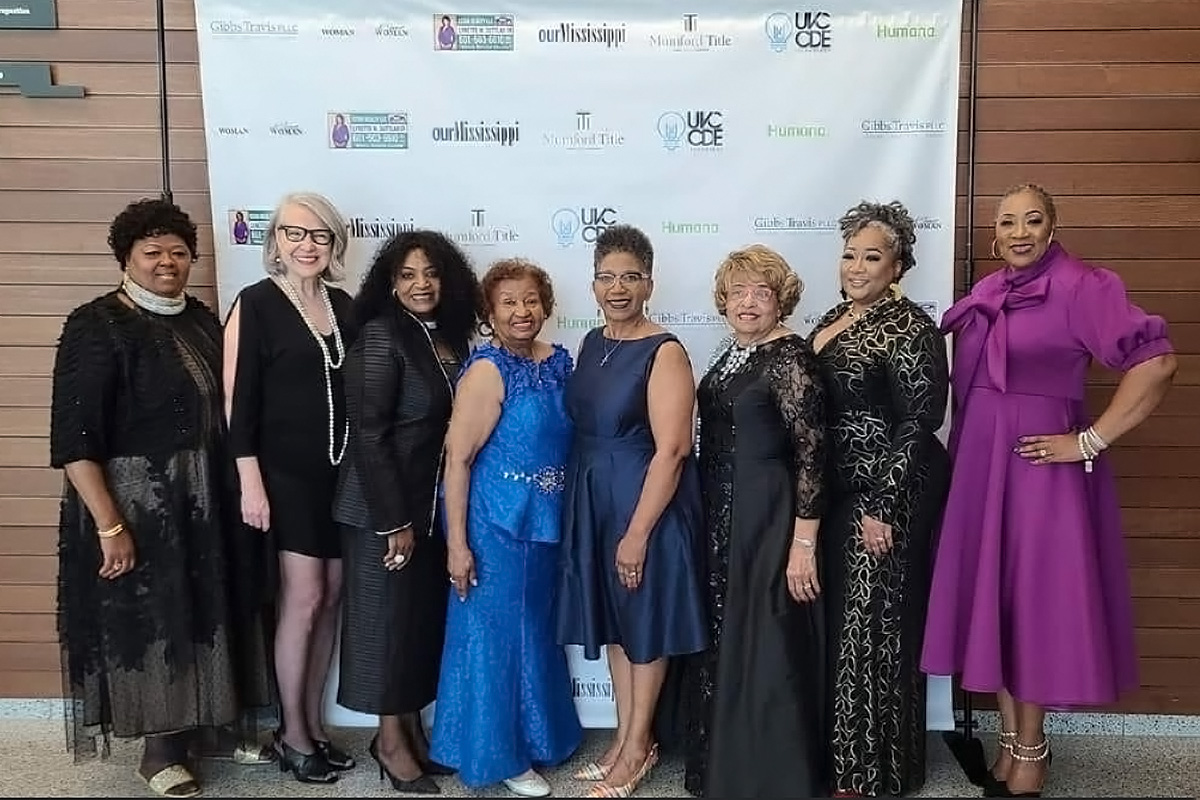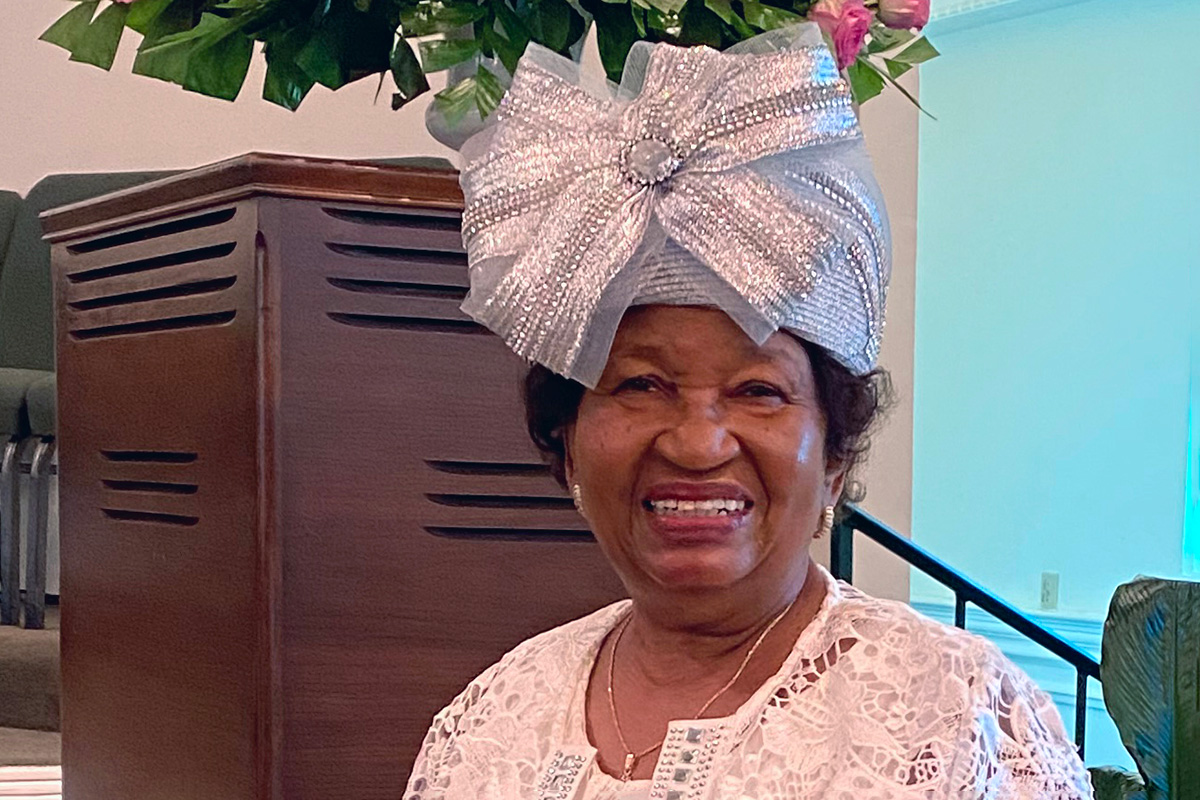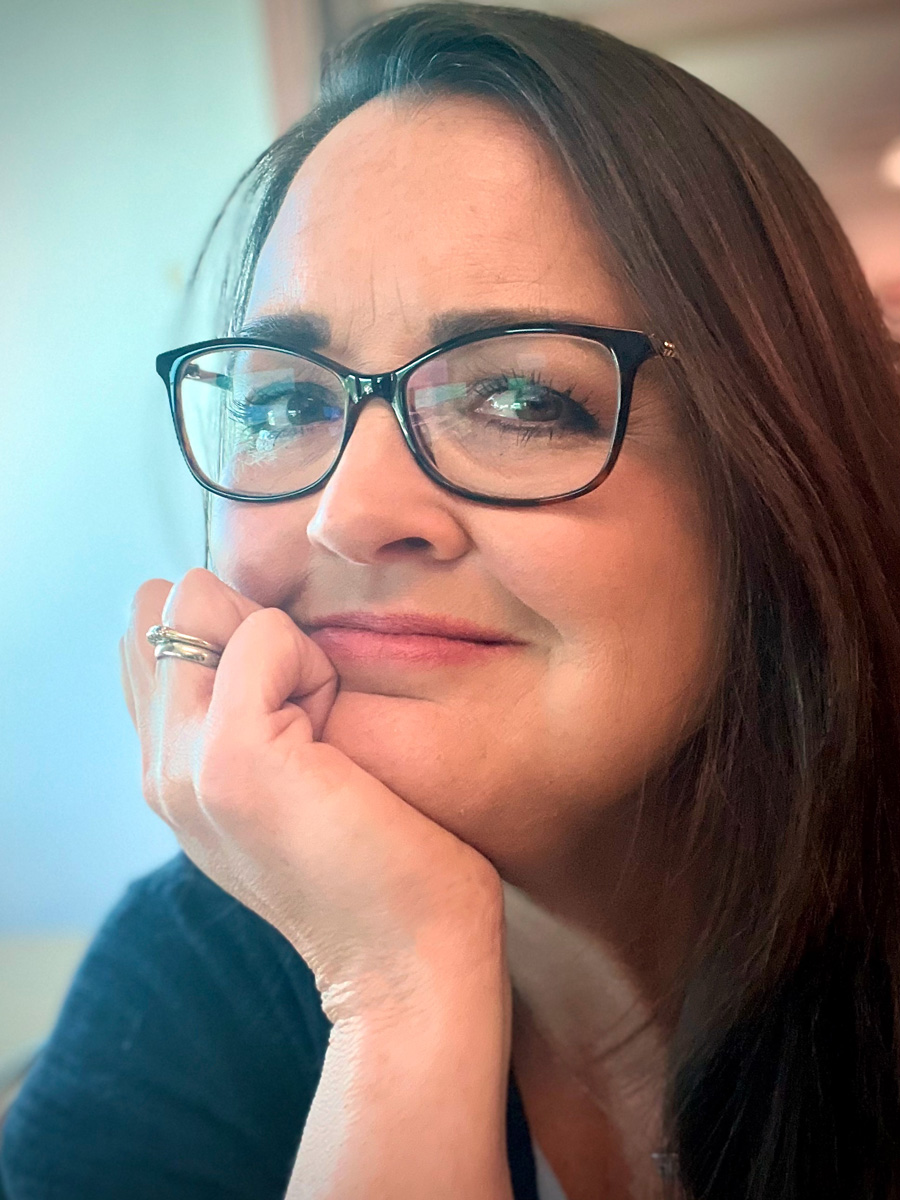Even as a young girl, Lucille Green was never the type to go along with the status quo.
“I guess growing up as a young child I was determined to not be that ‘yes’ person. … That was something I didn’t understand, and I didn’t like. I said to myself, ‘Never me,’” Green said in her oral-history interview with Dr. Alferdtine Harrison for the Jackson Civil Rights Sites Project in 1998.
“My mother was so afraid when we would come downtown in the stores, and I never said ‘yes sir’ and ‘no sir.’ I said ‘yes’ and ‘no.’ She would hold onto my hand because she was afraid something was going to happen to me. I said, ‘But that’s proper, mother. Yes is in the English language and no is in the English language and that’s proper. That’s what you’re supposed to say.”
Even though Green’s mother was understandably fearful during Jim Crow times, the daughter refused to be. “I just wasn’t afraid. I was brave,” she said in her oral history.
That bravery would prove to be a constant in Green’s life, as she grew up in central Mississippi and faced young adulthood in the midst of the Civil Rights Movement. In the same interview Green discusses registering to vote for the first time. She knew she would have to interpret a section of the Mississippi constitution and pay a $2 poll tax before she could register. She had studied and prayed to prepare her interpretation of the document, but when she arrived at the courthouse, the registrar asked only for her poll tax and registered her. Green said she was disappointed because she had wanted to demonstrate her understanding of the text.
“That’s the reason why so many people were discouraged from becoming registered voters because of the fact that they had to interpret this section of the constitution,” Green explains. “And there was fear, and they didn’t understand because many of our people could not read and write. Because of the Civil Rights Movement and the encouragement of voter registration, that’s how you really got started in the process (of becoming involved in the movement).”

Like many women at the time, Lucille Green left college when she married in 1960. For someone less determined, that might have been the end of her formal education. Green, however, never lacked in determination. She returned to Jackson State University a little over a decade later as a wife and mother of four with a full-time job, and, in 1977, completed her bachelor of science in business administration.
Earning a college degree while keeping up with the responsibilities of a job and a family is quite an accomplishment, but Green didn’t stop there. Since then, she earned her MBA and a PhD from Jackson State, and a master of arts in theology from Wesley Biblical Seminary.
The education that she worked so diligently to complete has afforded Green a second career as a college professor and public speaker after retiring in 1996 from her original career with BellSouth Telecommunications. She has served as an assistant professor at Cuttington University in Monrovia, Liberia—which was originally an American colony to “return” Black Americans to Africa—and is currently an adjunct professor in the School of Lifelong Learning and Interdisciplinary Studies at Jackson State.
Tune in to MFP Live Thursday, May 5, at 6 p.m., on the MFP Facebook page or YouTube channel as Donna Ladd and Kimberly Griffin talk with Dr. Lucille Green about her life as a lifelong learner, as well as her experiences as a participant in the Civil Rights Movement.
This MFP Voices essay does not necessarily represent the views of the Mississippi Free Press, its staff or board members. To submit an essay for the MFP Voices section, send up to 1,200 words and factcheck information to azia@mississippifreepress.org. We welcome a wide variety of viewpoints.






